Attention Deficit Hyperactivity Disorder (ADHD) is a neurodevelopmental condition that affects millions of people worldwide, both children and adults. It is characterized by symptoms such as inattention, hyperactivity, and impulsivity, which can interfere with daily functioning and quality of life. While conventional treatments, such as medications and behavioral therapy, are highly effective for many individuals, natural supplements can play a complementary role in managing ADHD symptoms. This article explores what ADHD is and highlights some of the best natural supplements that may help.

What Is ADHD?
ADHD is a complex condition that affects the brain’s executive functioning—the processes involved in planning, focusing, remembering details, and regulating emotions. The exact cause of ADHD is not fully understood, but research suggests that genetic, environmental, and neurological factors all play a role.
Symptoms of ADHD
ADHD is typically divided into three types based on predominant symptoms:
- Inattentive Type:
- Difficulty maintaining attention.
- Frequently losing items needed for tasks.
- Trouble organizing tasks or activities.
- Hyperactive-Impulsive Type:
- Fidgeting or an inability to stay still.
- Interrupting conversations or blurting out answers.
- Difficulty waiting for one’s turn.
- Combined Type: A mix of inattentive and hyperactive-impulsive symptoms.
ADHD is typically diagnosed in childhood but often persists into adulthood. Adults with ADHD may experience challenges in time management, organization, and maintaining focus at work or in relationships.
Natural Supplements for ADHD
While natural supplements are not a replacement for medical treatment, they can provide additional support for brain health and symptom management. Below are some of the most researched supplements:
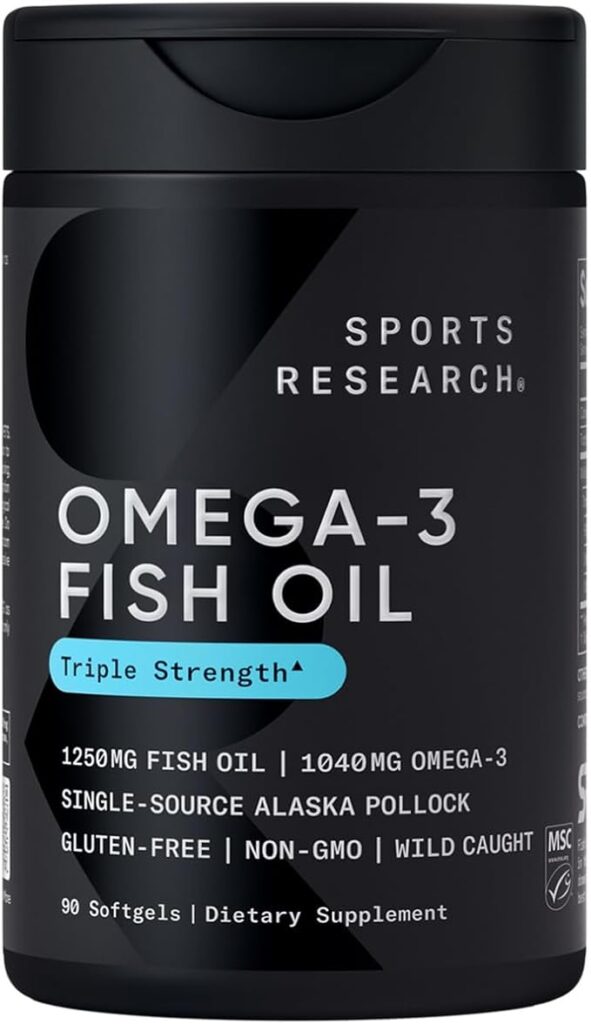
1. Omega-3 Fatty Acids
Omega-3s, particularly EPA and DHA, are essential for brain health and development. Studies have shown that individuals with ADHD often have lower levels of omega-3 fatty acids. Supplementing with high-quality fish oil may help improve attention, reduce hyperactivity, and support overall cognitive function.
2. Magnesium
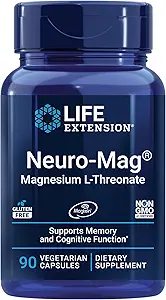
Magnesium is involved in hundreds of biochemical processes, including those that regulate mood and focus. A deficiency in magnesium is linked to irritability, restlessness, and difficulty concentrating—common symptoms of ADHD. Magnesium supplements or magnesium-rich foods like spinach, nuts, and seeds may be beneficial.
3. Zinc
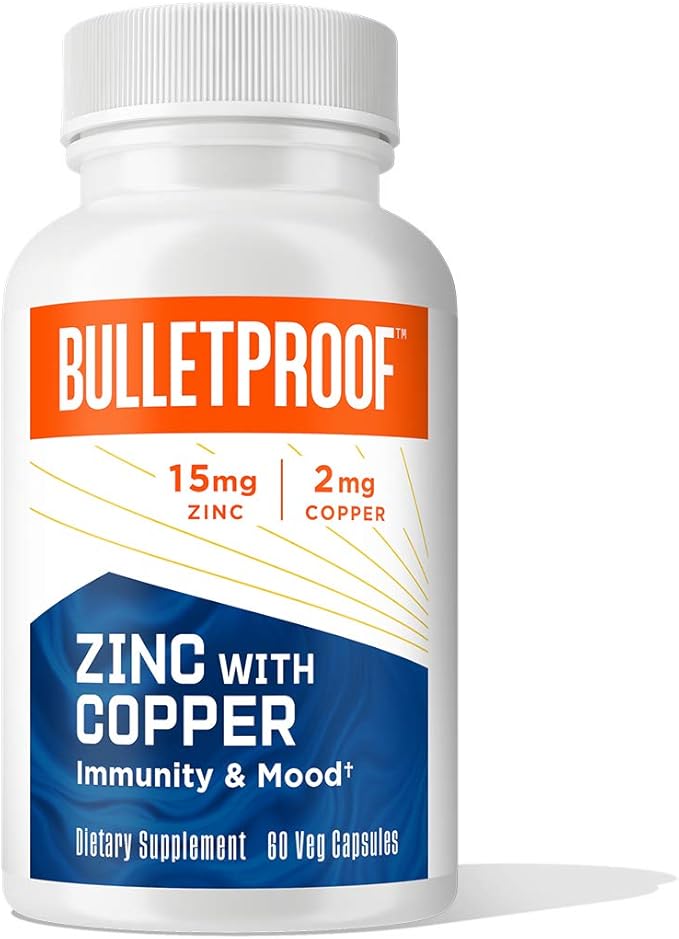
Zinc plays a critical role in neurotransmitter function and dopamine regulation. Low zinc levels have been associated with increased hyperactivity and impulsivity in children with ADHD. Supplementing with zinc may help reduce these symptoms.
4. Iron
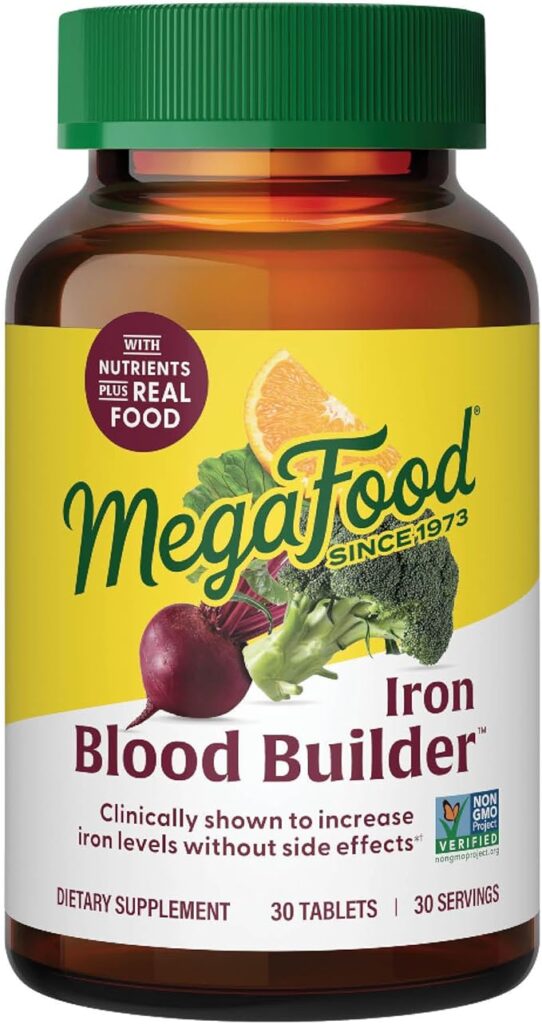
Iron is essential for the production of dopamine, a neurotransmitter that plays a key role in attention and motivation. Studies suggest that low iron levels may exacerbate ADHD symptoms. Ferritin, a marker of iron storage, should be checked before starting supplements.
5. Vitamin B6 and B12
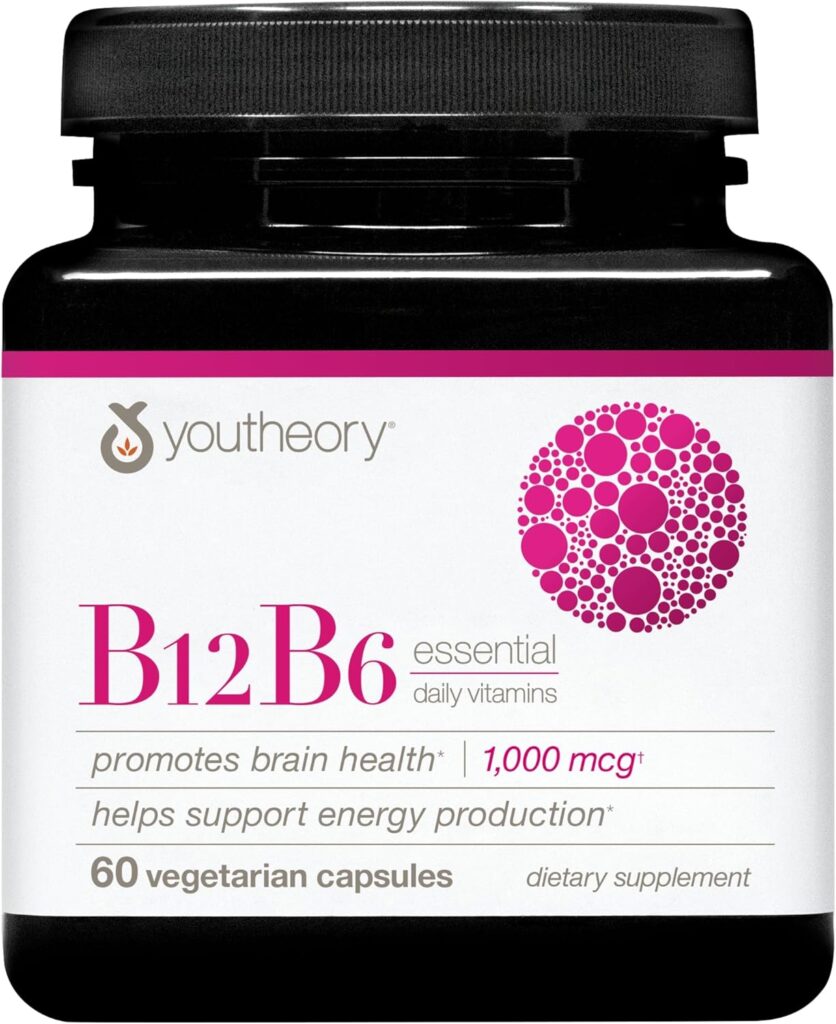
B vitamins are crucial for brain health and neurotransmitter production. Vitamin B6, in particular, supports the synthesis of dopamine and serotonin, which influence mood and focus. A B-complex supplement may help address deficiencies and support cognitive function.
6. Ginkgo Biloba
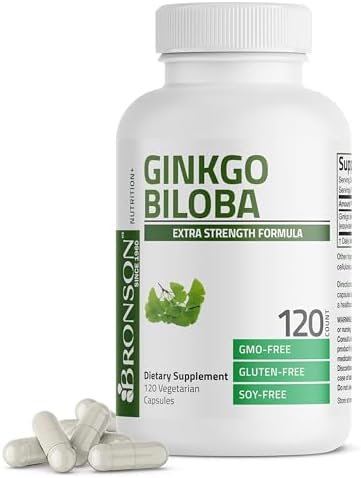
Ginkgo biloba is an herbal supplement that may enhance blood flow to the brain and improve cognitive functions like memory, focus, and mental clarity. While research on its effects for ADHD is limited, some studies suggest it may help improve attention.
7. L-Theanine
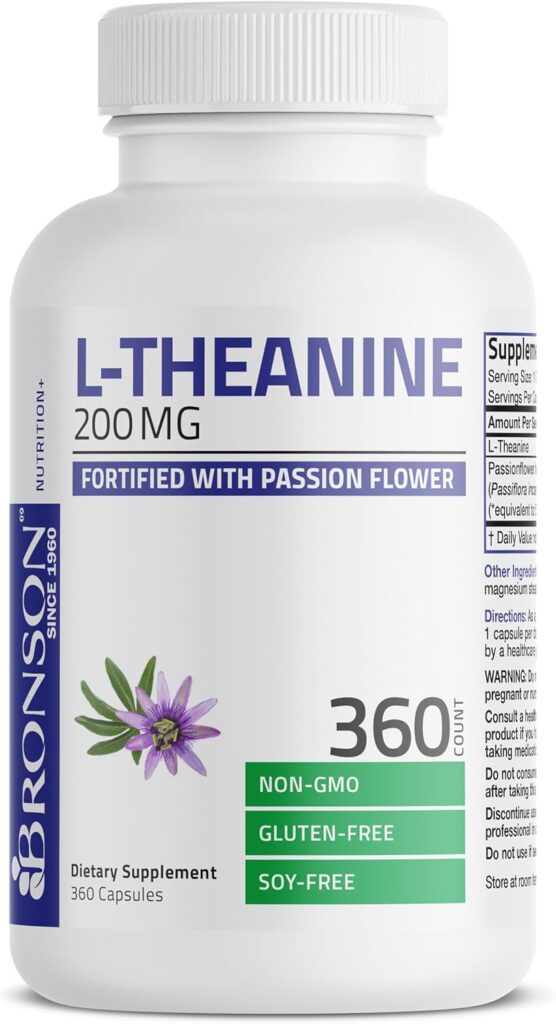
L-theanine, an amino acid found in green tea, promotes relaxation without causing drowsiness. It can help reduce anxiety and improve focus, making it a useful supplement for those with ADHD.
8. Probiotics
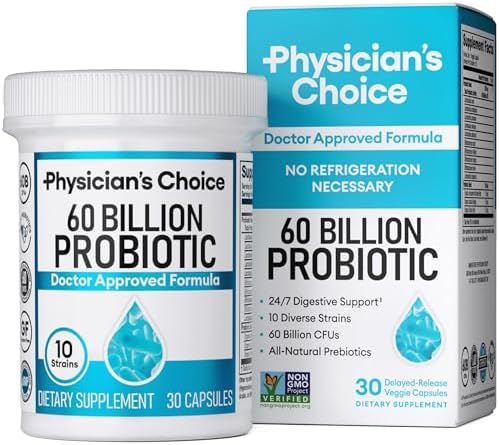
The gut-brain connection is increasingly recognized as critical to mental health. Imbalances in gut bacteria can impact mood and cognitive function. Probiotics may help support a healthy gut microbiome and improve ADHD-related symptoms.
9. Rhodiola Rosea
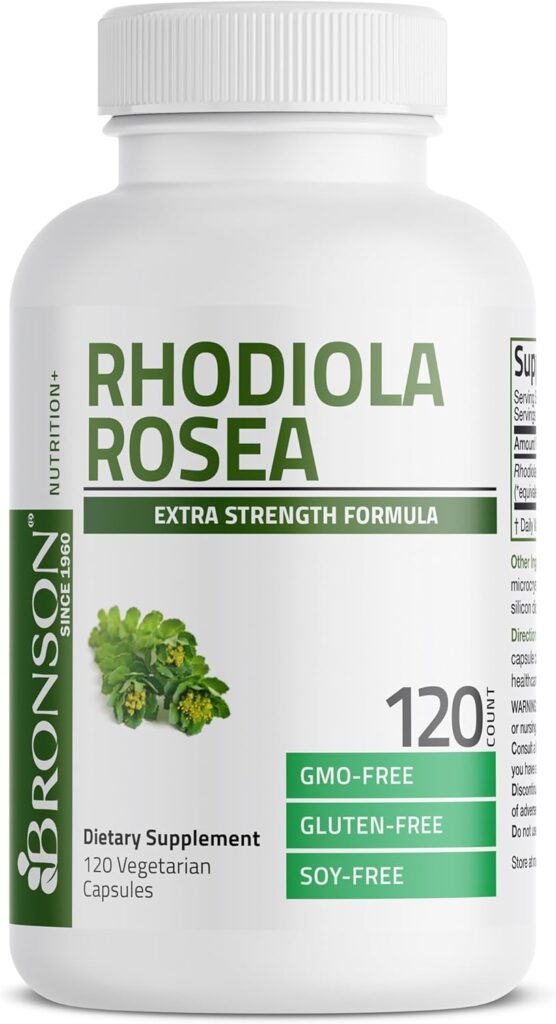
Rhodiola rosea is an adaptogenic herb known for its ability to reduce fatigue and enhance mental performance. It may help increase focus and resilience to stress in individuals with ADHD.
Lifestyle Tips to Complement Supplements
In addition to supplements, the following lifestyle changes can further support ADHD management:
- Balanced Diet: Include whole foods, lean proteins, and healthy fats while minimizing processed foods and sugar.
- Regular Exercise: Physical activity can improve focus and reduce hyperactivity.
- Adequate Sleep: Establish a consistent sleep routine to enhance cognitive function and emotional regulation.
- Mindfulness Practices: Techniques such as meditation and deep breathing can help improve attention and reduce impulsivity.
Consulting with a Professional
It is essential to consult a healthcare provider before starting any supplement regimen, especially for children. A professional can help determine the right dosages and ensure there are no interactions with other treatments or medications.

Conclusion
ADHD is a multifaceted condition that requires a comprehensive approach to management. Natural supplements, combined with a healthy lifestyle and conventional treatments, can provide valuable support in reducing symptoms and improving quality of life. By addressing underlying nutrient deficiencies and enhancing brain health, individuals with ADHD can take meaningful steps toward achieving better focus, mood, and overall well-being.